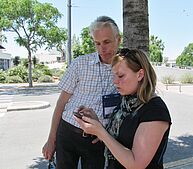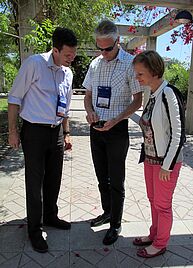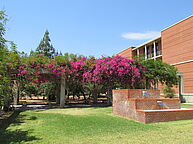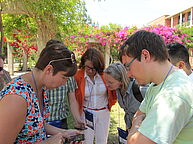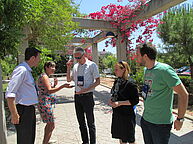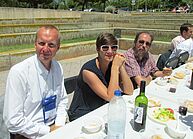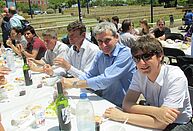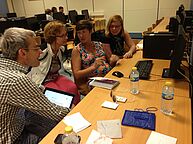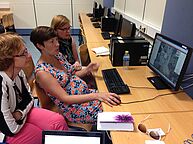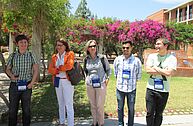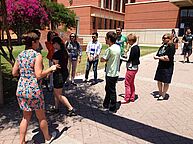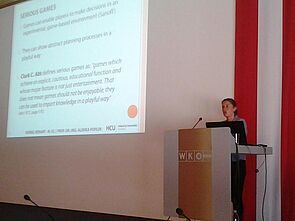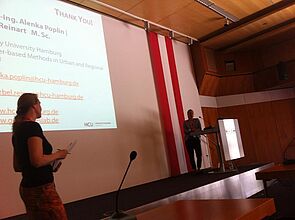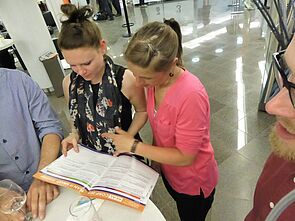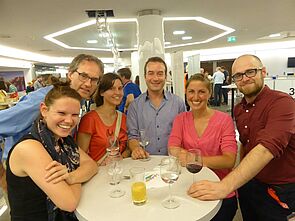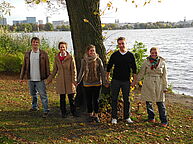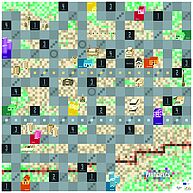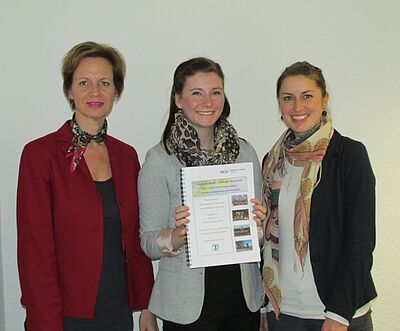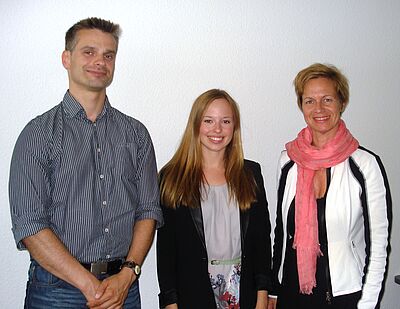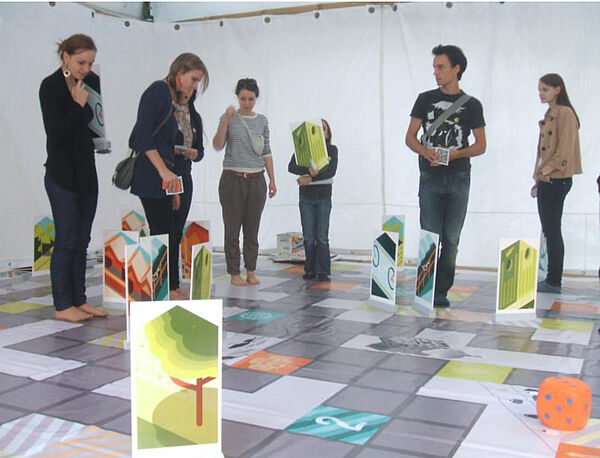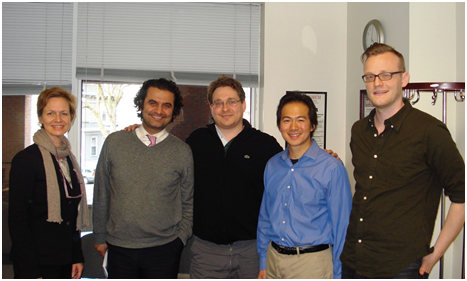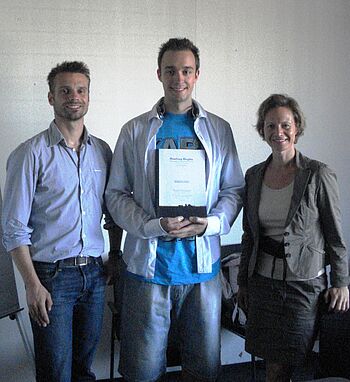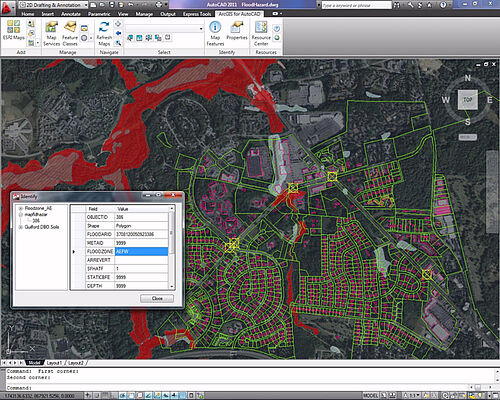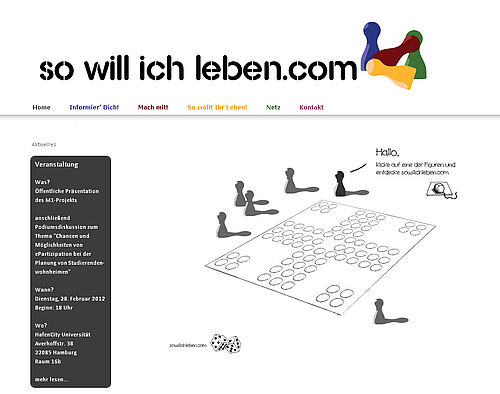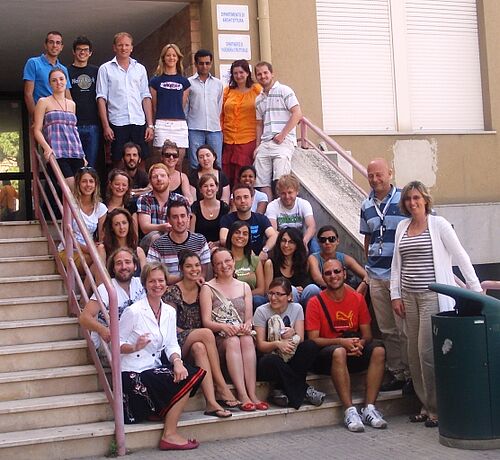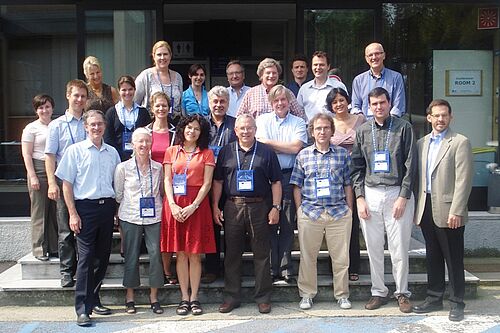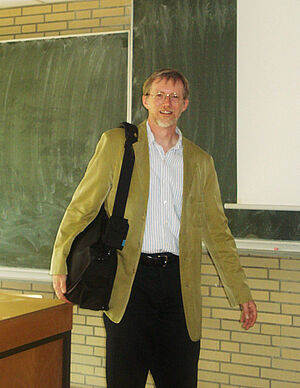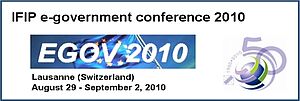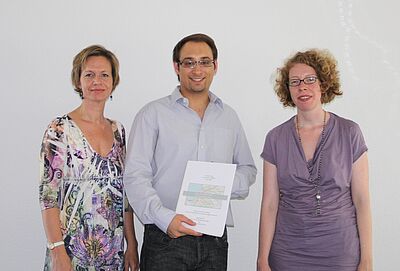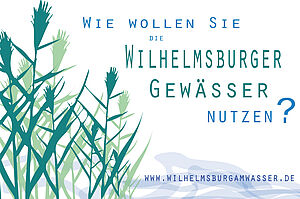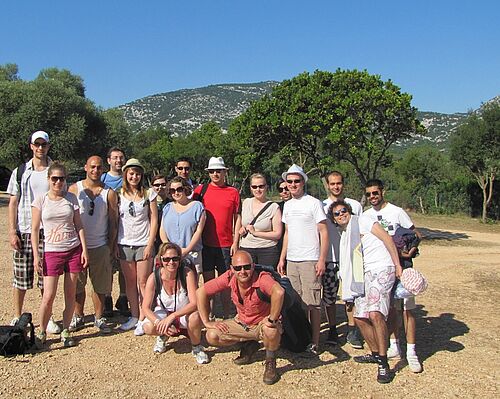GeoGames are participatory games for urban planning that complement and optimize the conventional process of public participation. They offer the advantage to address important development issues in a playful way. Making the process of participation enjoyable in form of a game is an innovative way to incite residents and other interested citizens to take an active role in the plan making process. With GeoGames, you receive a tool to show and discuss your ideas in a creative way.
GeoGames offer the following advantages:
- They can engage, animate and attract citizens with their playful and fun concepts
- They are designed to attract many citizens in urban planning processes
- They revolutionize the design of public participatory processes in urban planning
- They can be offered online, anytime, anyplace and are easily accessible for everybody with an internet access
- They are intuitive, easy to be played by all age groups and can be developed in different languages.
“playful and creative – inclusive – informative”
See us on www.geogameslab.de
Our new game ParticiPécs
ParticiPécs aims to teach children about sustainable urban planning and participation in urban planning. It is a cooperative game and was developed in a serious of workshops together with children. Our first tests of this game were conducted in the city of Pécs, in Hungary. We feel excited about our new game! More to come!


